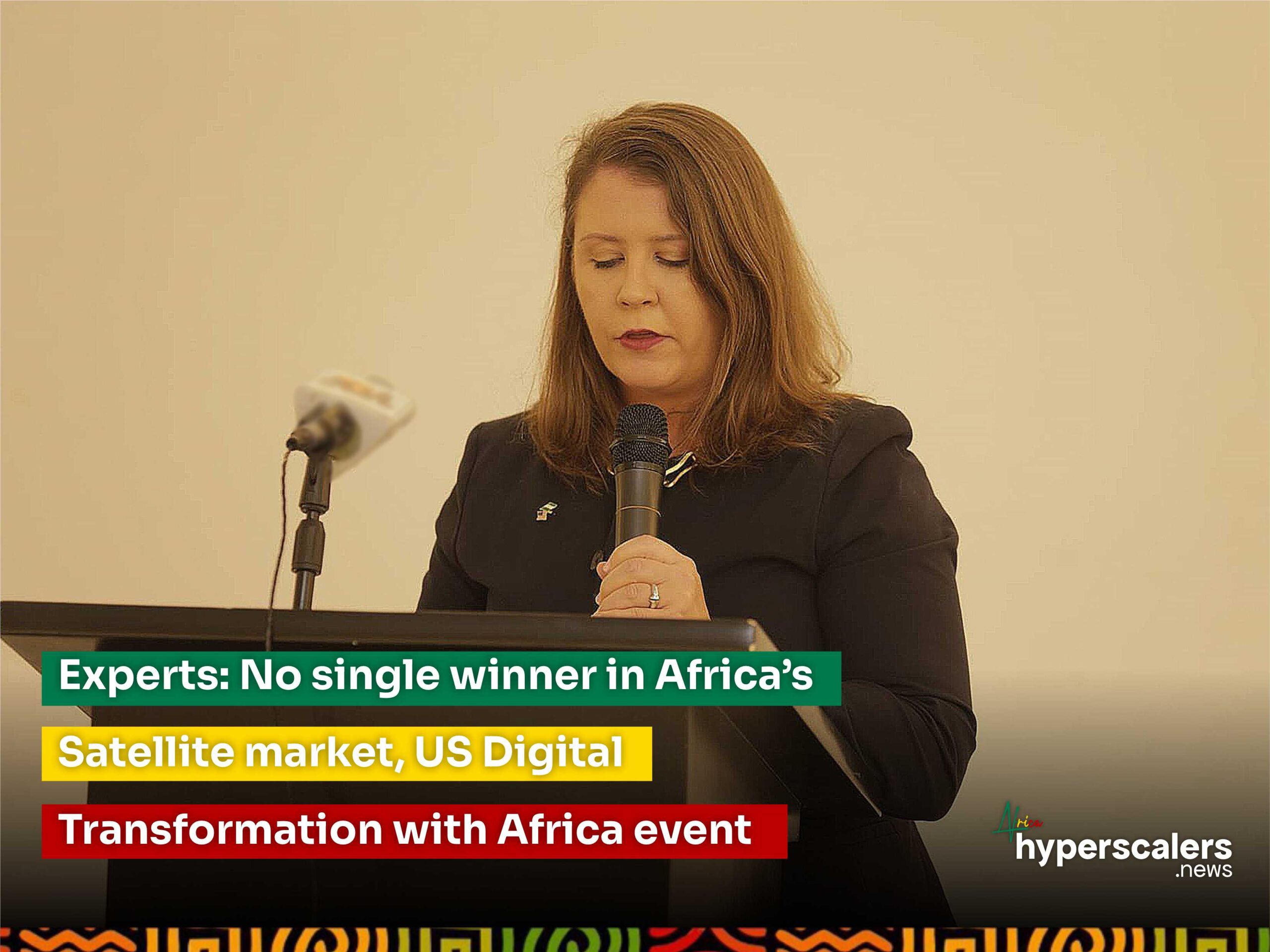Experts at the US Digital Transformation with Africa event, held on the sidelines of the Africa Tech Festival, holding in Cape Town, South Africa this week have stated that the satellite market will expand and there won’t be a single winner in the satellite war.
Discussing the theme, Satellite Connectivity: Solutions for Enhancing Infrastructure Development, a panel of experts that included Abdikadir Awabdi, Director of Sales and Market Development for MEA at Astranis; Jean-Philippe Gillet, Senior Vice President of Global Sales, Media & Networks at Intelsat; Mark Anderson, Head of Operations for EMEA, Project Kuiper at Amazon; Paul Mattear, Head of Global SatCom (A&S) at Amazon Web Services; and Heather Lanigan, Regional Director for Sub-Saharan Africa at the US Trade and Development Agency explored how satellite technology can help bridge the digital divide and drive economic growth in Africa and other emerging markets.
During the discussion, the panelists highlighted the pivotal role satellite connectivity plays in addressing the digital divide, particularly in rural and underserved regions. They emphasized that satellite infrastructure is crucial for improving access to essential services like education, healthcare, and economic opportunities, particularly in areas where traditional terrestrial connectivity solutions are either unavailable or insufficient.
A key theme of the discussion was the need for flexible, localized business models to meet the unique needs of different markets. Panelists agreed that local partnerships and collaborations are essential for driving market penetration and ensuring long-term sustainability. By working with local governments, businesses, and operators, satellite companies can provide affordable, high-quality internet services that are tailored to the specific requirements of each region.
The conversation also discussed the evolving use of satellite technologies. Historically, satellites were primarily used for TV broadcasting and rural Wi-Fi, but panelists noted the growing demand for satellite services in more complex applications, such as cloud computing, edge networks, in-flight connectivity, and mobile data services. The potential for satellite networks to support these new applications was seen as a key opportunity for expanding access to digital services, especially in underserved markets across Africa.
However, the panelists acknowledged several challenges facing the satellite industry. They pointed out that existing microwave-based satellite connectivity has limitations in terms of capacity and performance. Despite these challenges, they noted that these hurdles present opportunities for innovation, particularly in the development of higher-capacity, more secure satellite networks capable of meeting the growing demand for data in emerging markets.
The importance of partnerships—particularly with local governments—was an important point flogged frequently. Panelists emphasized that such partnerships are critical for ensuring that satellite solutions not only meet market needs but also align with national interests. They highlighted the need for a balance between affordability and maintaining national sovereignty, stressing the importance of secure, locally supported infrastructure that can empower countries to take ownership of their digital futures.
The experts expressed optimism about the growth potential of the satellite market. They agreed that the market is still in its early stages and predicted that no single company will dominate the space. Instead, a multi-player landscape will emerge, with different providers offering tailored solutions for various regions and industries. This growth will create new opportunities across a range of sectors, from agriculture to finance and healthcare.
All agreed on the transformative potential of satellite connectivity to drive infrastructure development across Africa and other emerging regions. By fostering collaboration, supporting innovation, and focusing on local market needs, they believe satellite technology will play a central role in accelerating digital transformation and empowering communities to thrive in the digital age.
The session, which was part of the broader US Digital Transformation with Africa event, underscored the importance of US-Africa partnerships in accelerating digital infrastructure development and driving forward the continent’s digital transformation.





